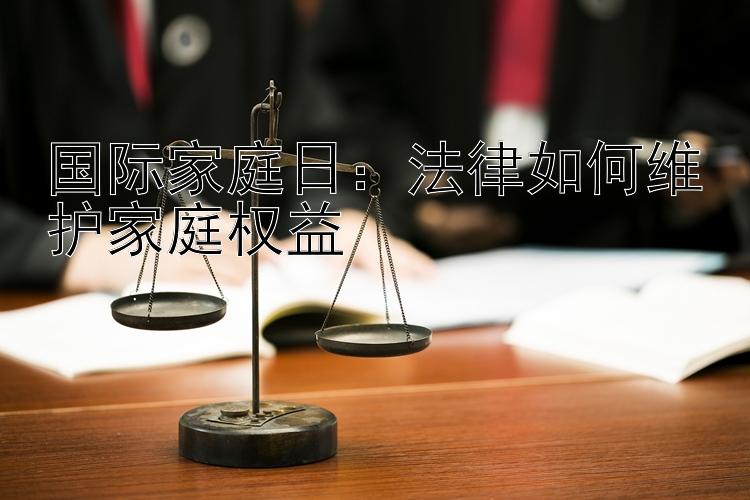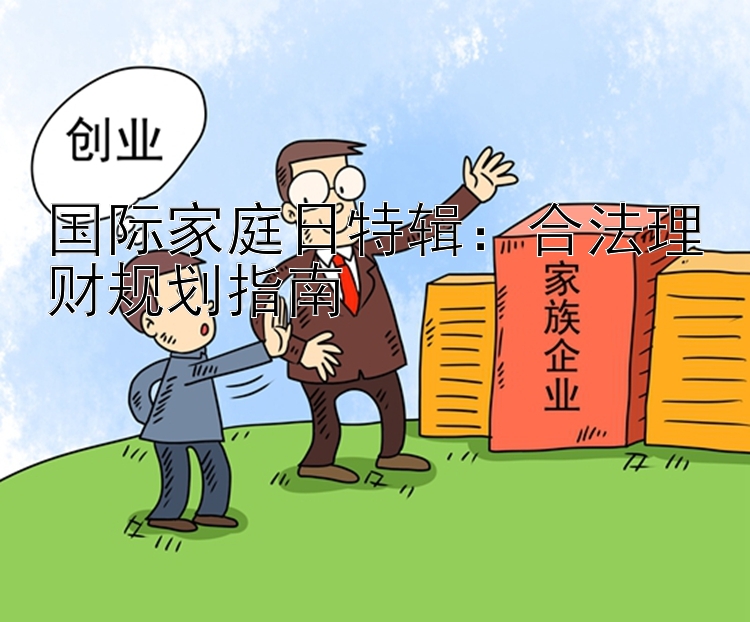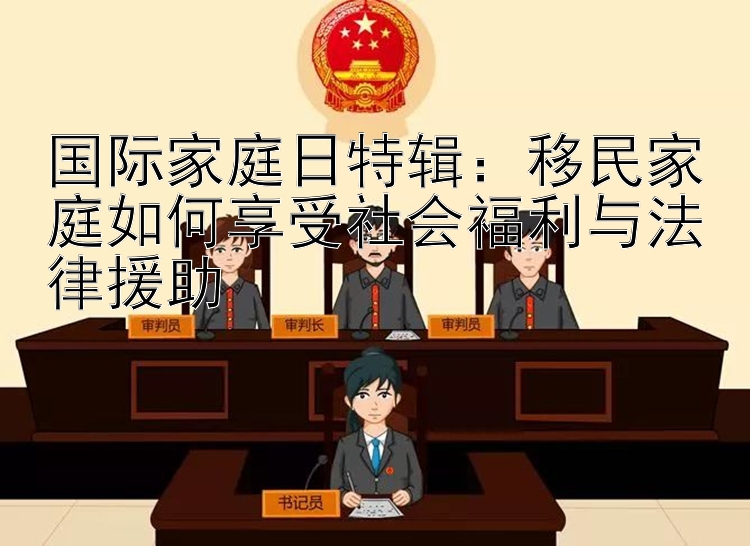国际家庭日:法律如何维护家庭权益
国际家庭日:法律如何维护家庭权益
每年的5月15日是国际家庭日, a day designated by the United Nations to honor families and promote awareness of issues related to families around the world. 在这个日子, it's important to consider the role of law in protecting and upholding the rights of families. 法律不仅为家庭提供了结构和稳定性,还确保了家庭成员的基本权利和福祉。本文将探讨法律如何维护家庭权益,并结合相关法律条文和案例进行说明。
婚姻法律
Marriage laws are fundamental in establishing the legal framework for families. They define the rights and responsibilities of spouses, including property rights, inheritance, and the legal recognition of the marital union. For example, under the United States' Uniform Marriage and Divorce Act, spouses have equal rights to property acquired during the marriage, regardless of which spouse earned the property.
Case Example: In the case of Orr v. Orr (1979), the Supreme Court of the United States ruled that alimony laws must be gender-neutral, ensuring that both men and women have equal rights and responsibilities in marriage and divorce. This decision was a landmark in recognizing the equal standing of spouses under the law.
亲子法律
Family laws also address the rights and responsibilities of parents and children, including custody, adoption, and child support. The United Nations Convention on the Rights of the Child (UNCRC) is a key piece of international legislation that outlines the rights of children, including the right to a family environment and the protection from harm.
Case Example: The case of Troxel v. Granville (2000) in the United States highlighted the importance of parental rights over the interests of third parties in making decisions regarding children. The Supreme Court ruled in favor of the parents' rights to determine visitation schedules, reinforcing the legal protection of family integrity and parental authority.
家庭暴力法律
Laws against domestic violence are crucial for protecting family members from harm. These laws provide legal recourse for victims, including restraining orders, protection orders, and criminal penalties for abusers. The Violence Against Women Act (VAWA) in the United States is an example of such legislation, which has been instrumental in supporting victims of domestic violence and holding perpetrators accountable.
Case Example: The case of Thurman v. City of Torrington (1984) was a pivotal moment in the recognition of municipal liability in failing to protect individuals from domestic violence. The court ruled that the city could be held liable for negligently failing to protect a woman from her violent ex-boyfriend, leading to the adoption of better practices and policies for handling domestic violence cases.
继承法律
Inheritance laws ensure the orderly transfer of property from one generation to the next, preserving family wealth and ensuring that the deceased's wishes are honored. These laws also protect the rights of spouses and children to inherit, preventing disenfranchisement.
Case Example: The case of Morris v. Morris (1965) in the United Kingdom illustrated the importance of considering the moral obligations of a deceased person towards their family when interpreting wills. The court found that a husband had a moral duty to provide for his wife, even if his will did not explicitly mention her, reinforcing the legal protection of spousal rights in inheritance.
结语
法律在维护家庭权益方面发挥着至关重要的作用,通过确保家庭成员的基本权利和福祉,为家庭提供了一个稳定和支持性的环境。从婚姻和亲子关系到家庭暴力和继承,法律条文和判例共同构建了一个保护家庭的法律框架。在国际家庭日,我们应当认识到法律的重要性和对家庭的积极影响,并继续努力完善法律体系,以更好地服务于家庭这一社会的基本单位。







